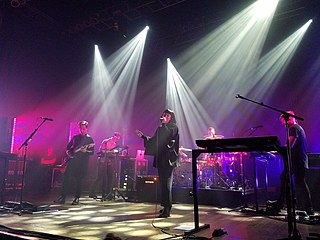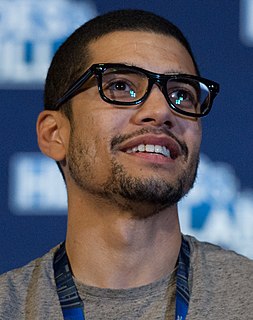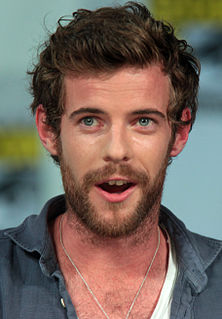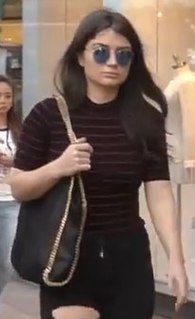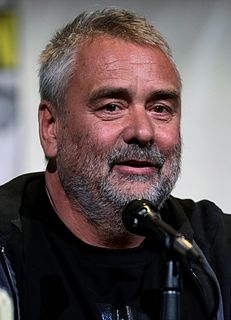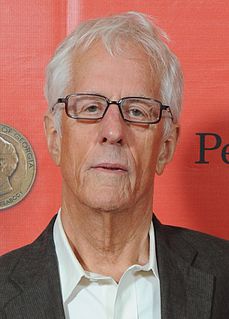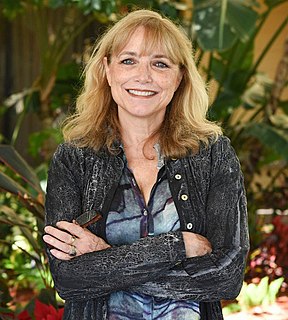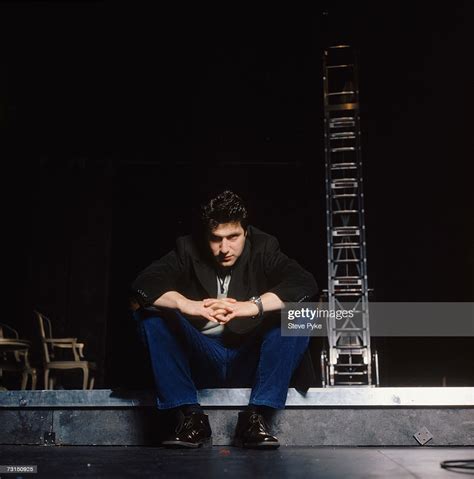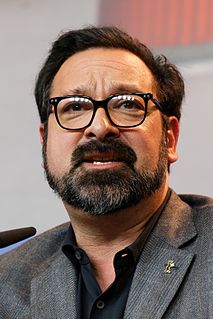A Quote by Lucile Hadzihalilovic
I think sometimes there are films where I understand what they are about, but there are also some mysterious areas in the film where I haven't got the whole image and I haven't got everything. And then it stays much longer with me, because I have to somehow put myself much more into the film to get it. And so this is what I'm trying to do with my films.
Related Quotes
In an old model, the way a film would imprint itself on the public's consciousness is to get a theatrical run. But now there are more documentaries and more films in general being released than ever before. There are weeks when the New York Times is reviewing 15 films, so it's harder to leave an impression on the public. A lot of these films are seeing their financial future on digital platforms. Because viewers aren't hearing as much about films in theatrical release, I think the festival circuit is going to have increasing importance for the life of a film.
I hope I'm always lucky enough to be able to work in theater, TV, and big films and small films. I think there's advantages and disadvantages to all of them. The fact that this was a small film without much money and without much time made it rich in energy and momentum and drive when we were actually making it 'cause that's all you've got. You've just got the story and the people.
My tutor was a film director on the side, and she introduced me to film. She then put me in one of her short films, and it came out of that. That's when I fell in love with the process of making a film. After that, I was about 15 and I was like, "This is what I've gotta do." So, I started taking acting lessons, and then I applied to college to do acting. I got an agent, and it all just happened.
You know, it's not my film [Valerian], it's really their film. It's very strange. And maybe because it's more when you comes to the Marvel films it's way much more organized and plan, you know, they planned. Okay, we have Thor here, we have this and then we do The Avengers, and then we group. You know, it's much more organized. So maybe there is a little less freedom at the end for the creative people. Where I did the entire opposite. I let them help me, you know. So that's also why maybe they were so involved.
All I've learned is that you need the studio system sometimes, if your budget is a certain size, and other films you can do independently. When I think of a studio, I generally think of distribution. Since I'm a director, I have a similar creative experience on every film I do, because I can control that. But then it's a different film, I think, as it reaches the public, depending on the way it's marketed. I don't know. I haven't learned much of anything. Sometimes you need them, sometimes you don't. Sometimes they want you, most of the time they don't.
You know, independent films have been institutionalized, practically. Every studio has got a boutique arthouse label. There's like, 18 different independent film-financing funds. In fact, I think the children of those films are getting made. A more interesting question is whether those films are going to get seen and appreciated.
There's a level where the themes of a film are very relevant to me and also the idea of finding out how relevant one genre is to another. I think that westerns and samurai films and superhero films have a lot in common. It's just that the scale of the visuals in tentpole films can sometimes overwhelm the drama.

